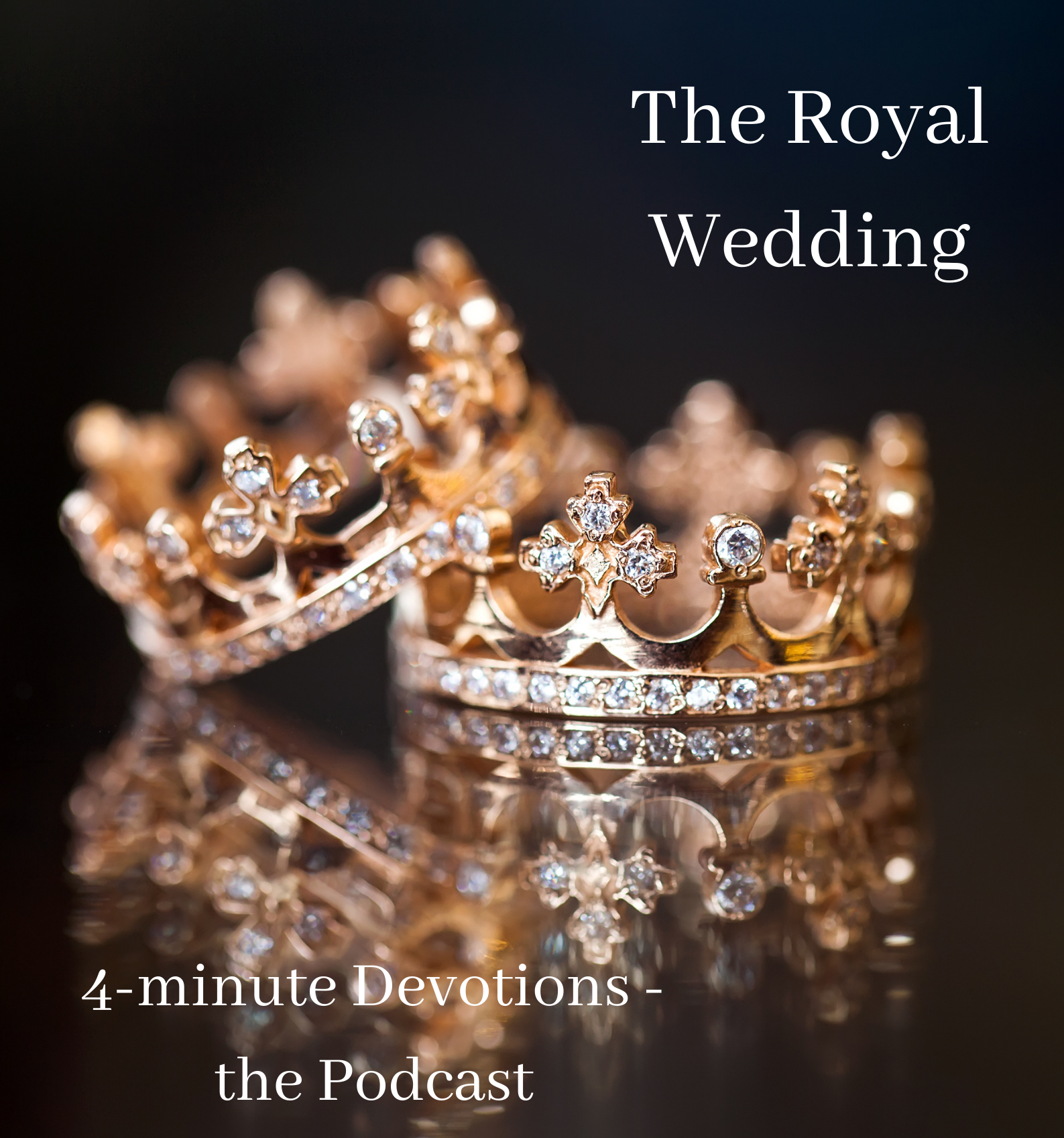The Royal Wedding
Everyone loves a royal wedding, well… most people anyway.
The celebration, the fanfare, the grandeur, the outfits. The fairytale.
In an unusual move for a psalmist, the author of Psalm 45 introduces himself to us at the beginning (in verse 1), excited to read his poem for the king and his new bride on the day of their marriage.
He gushes praise and lavishes compliments on both husband (“you are most excellent of men” – v 2) and wife (“the king is enthralled by your beauty” – v 11). Like a toast proposed with glasses held high, he declares future victories over the king’s enemies, “awesome deeds” (v 4) and a long-lasting throne (v 6). Their future sons are to be princes in the land, the royal dynasty to be remembered for many generations.
But I found myself wondering why this piece of literature is in the Bible, why it’s even in the Psalter. As grand and descriptive as it is, what’s the point?
Perhaps there are two reasons.
First, the king is described as one whose sceptre (a symbol of authority) will be a sceptre of justice (v 6). His lips are to be anointed with grace (v 2) This is not a self-serving king. This is one who hates wickedness (v 7) and so will represent the God who put him there. He will speak on behalf of the Lord and his actions will reflect his Lord’s character.
And at the end of the day, we all want leaders like that today, don’t we! The court poet is urging his king to be that man, to step up to the heavenly call of representing God with integrity (“In your majesty ride forth victoriously on behalf of truth, humility and righteousness” v 4).
But I don’t think this is just about royalty or kings or even modern-day leaders. You and I may not be an ancient monarch, but perhaps the psalmist is describing our destiny too: to step up to the call upon our lives. To represent God in our community and in our generation.
“You are a chosen people, a royal priesthood, a holy nation, God’s special possession, that you may declare the praises of him who called you out of darkness into his wonderful light” (1 Pet 2: 9).
The second reason for the psalm to be in the Bible must surely be that it points to Christ. The writer of Hebrews (1: 8 – 9) quotes v 6 – 7 of the Psalm to describe the Son of God:
“Your throne, O God, will last forever and ever;
a sceptre of justice will be the sceptre of your kingdom.
You have loved righteousness and hated wickedness;
therefore God, your God, has set you above your companions
by anointing you with the oil of joy.”
One day we will attend (and participate in) the royal wedding to eclipse all royal weddings. As believers in Jesus, (we are today) and will be that bride in Psalm 45, clothed with the beautiful garments of salvation (v 14), welcomed into the king’s throne room with joy and gladness (v 15). Despite our past, we will stand forgiven; we will be beautiful, surrounded by His love: “Forget your people and your father’s house. The king is enthralled by your beauty” (v 10 – 11). Perhaps that is a call today to ‘Walk away from the life that God rescued us from and embrace the beauty of the life He has called us to.’
What’s the point of this psalm? This is a psalm calling all God’s people to step up – to be God’s royal representatives and his beautiful bride. There is no higher calling.
Suggested prayer: Read the psalm again. Consider the attributes of the king. If we are the body of Christ, ask the Lord to show you how you might display truth, humility and justice in your life. Look at the descriptions of the wife. If we are the bride of Christ, ask the Lord to reveal how we may display her beauty to the watching world.


